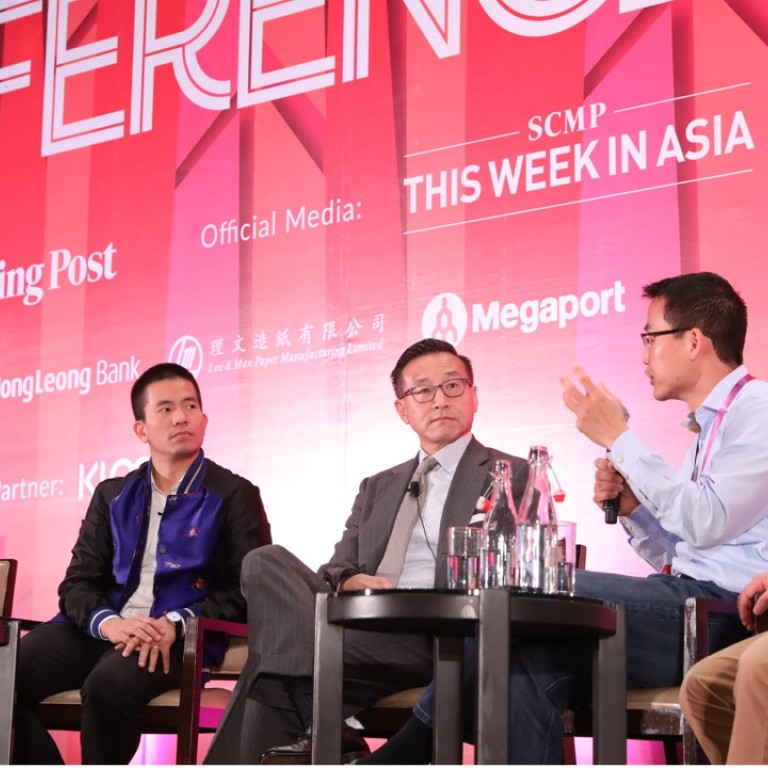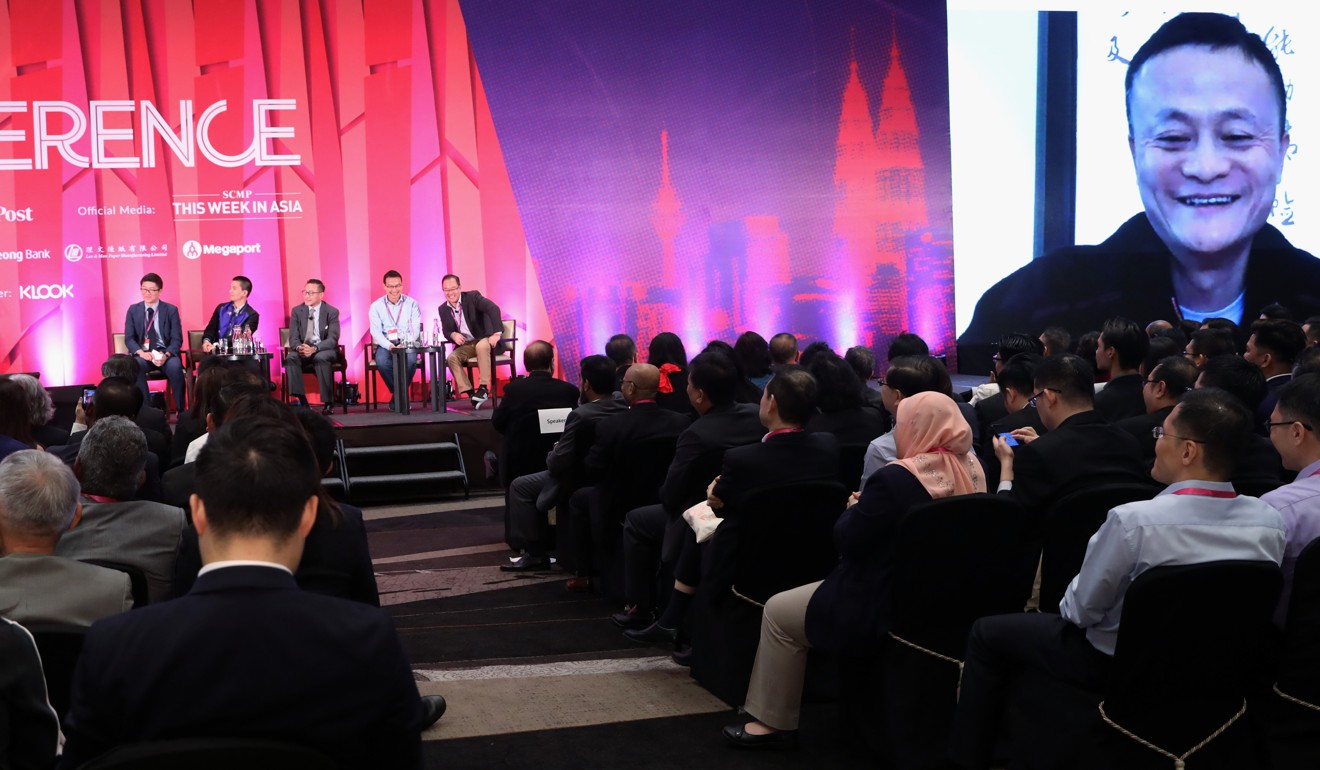
Tax system shouldn’t discriminate against investment of labour, Alibaba’s Joe Tsai says
‘Our tax system of encouraging capital investment was designed for the last century’s Industrial Age’
“My point is not to have special tax rates for the technology sector. My point is that the tax system should not discriminate against the investment of labour versus investment of capital,” Tsai elaborated in comments to the Post.
“When you forego salary to receive stock options, you are investing your own time and sweat, it’s an investment of labour. But most countries tax stock options at ordinary income rates [higher rate] as opposed to the capital gains rate [which is typically lower].”
Highlights from the China Conference:
This is the case in both China and the United States. In China, the ordinary income rate on salaries stands at 45 per cent, while capital gains are taxed at 20 per cent. In Hong Kong, salaries are taxed at 15 per cent but capital gains are not taxed.
Stock option gains are typically taxed as income from labour and therefore subject to salary tax rates, which “does not make any sense”, Tsai said. “When you invest yourself, you are taking on risk just like when capitalists invest capital.”
He added: “Our tax system of encouraging capital investment was designed for the last century’s Industrial Age. In the 21st century, it is not capital, but rather human ingenuity, that will be the most important input driving value creation.”
Tsai’s comments at the conference were part of a discussion on technology innovation and entrepreneurship focused on China and Southeast Asia.
US will ‘suffer more’ in trade war with China: Jack Ma
Khailee Ng, managing partner at 500 start-ups, said lowering taxes for individuals who joined the tech sector in Southeast Asia would attract more talent.
“What if we taxed talents who work in tech companies less … to attract more people from investment banks and firms and companies to join the tech industry, and form new ventures?” Ng suggested.

Many investors see Southeast Asia as the next big player in tech. The region is home to 655 million people in 11 countries, and has a high rate of mobile-phone penetration, which has drawn comparisons with China before its tech boom.
“Asian countries and entrepreneurs should work together to solve problems locally, using technology to be more open, more innovative, solve problems of poverty, and improve inclusiveness and development,” Ma said.
Southeast Asia still grapples with a lack of infrastructure and a lack of talent compared with China and the US. However, the region is “uniquely positioned” to learn from Chinese and US technology companies, according to Thomas Tsao, founding partner of Gobi Partners.
“There is a lot more information available today, Southeast Asia can look at what’s happening in Silicon Valley and China,” Tsao said. “What Silicon Valley achieved in 40 years, China has done in 20. And what’s going to happen in Southeast Asia is going to happen in 10.”
The region has seen local technology companies including ride-hailing firms Grab and Go-jek and e-commerce firm Lazada become billion-dollar unicorns.
US-China tensions: really about trade? CY Leung questions motives
Grab, the ride-hailing company backed by China’s Didi Chuxing, has expanded across the region, providing not only ride-hailing services but also local services such as payments, food delivery and even logistics services.
This is important because many consumers in Southeast Asia, such as those in Indonesia or Cambodia, have only limited storage on their smartphones.
“If you’re only going to store [so few] apps on your phone then they’d better be the best,” said Ming Maa, the president of Grab.
Maa said Grab was focused not only on transport but also on economic and social mobility for the drivers and partners that it serves, with the aim of creating 100 million micro-entrepreneurs who “work for themselves”.
Alibaba is the owner of the South China Morning Post.

